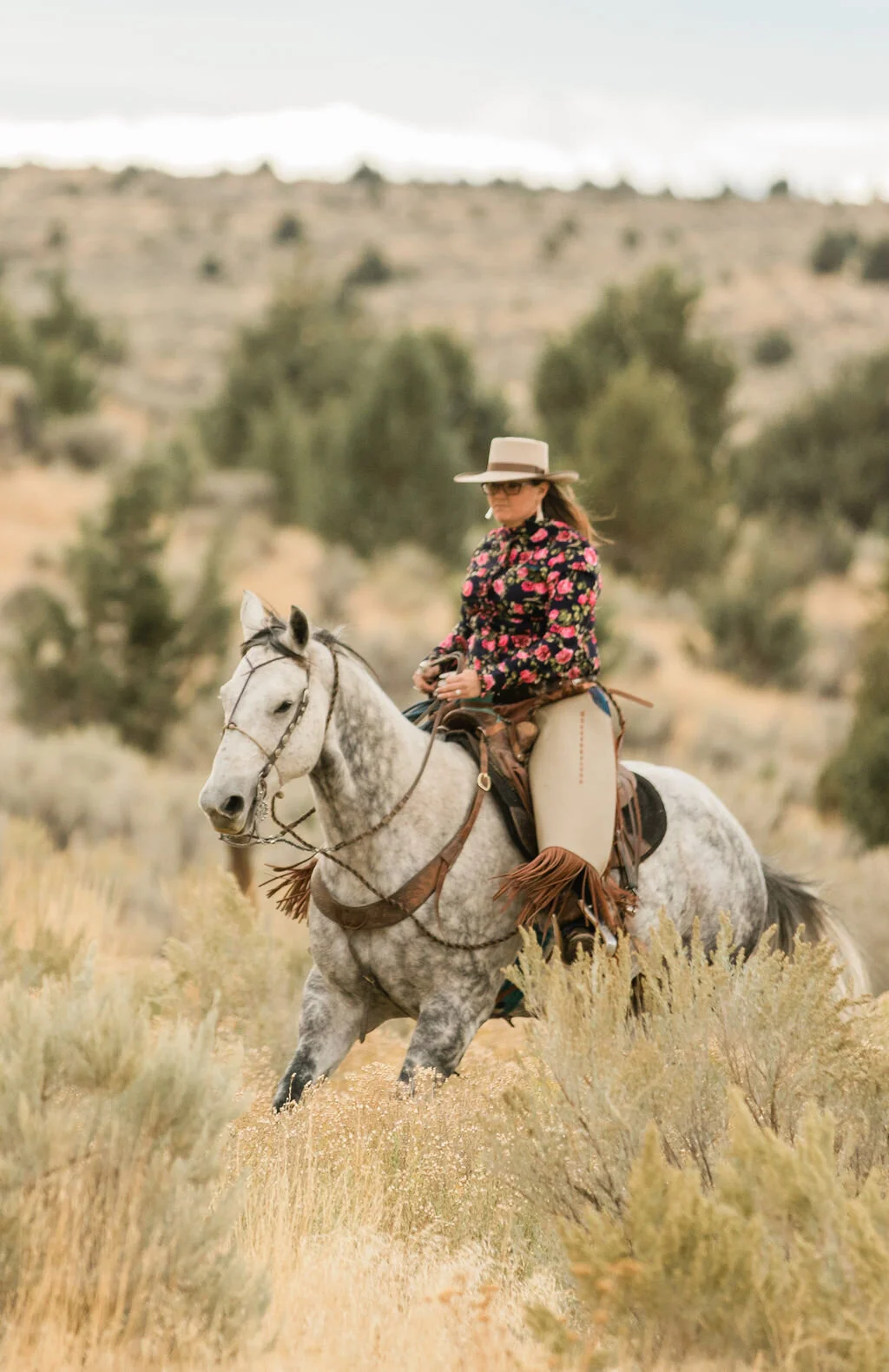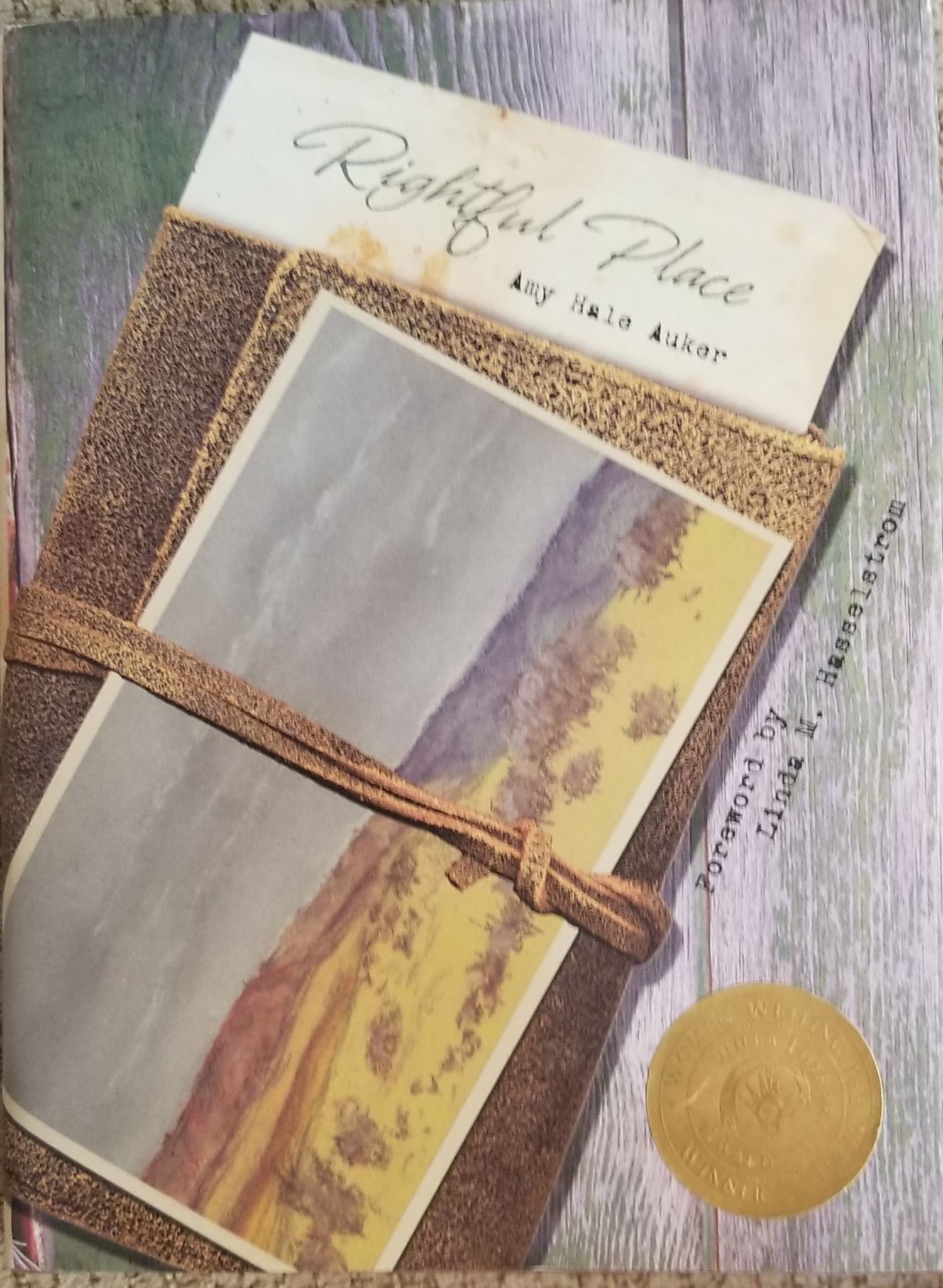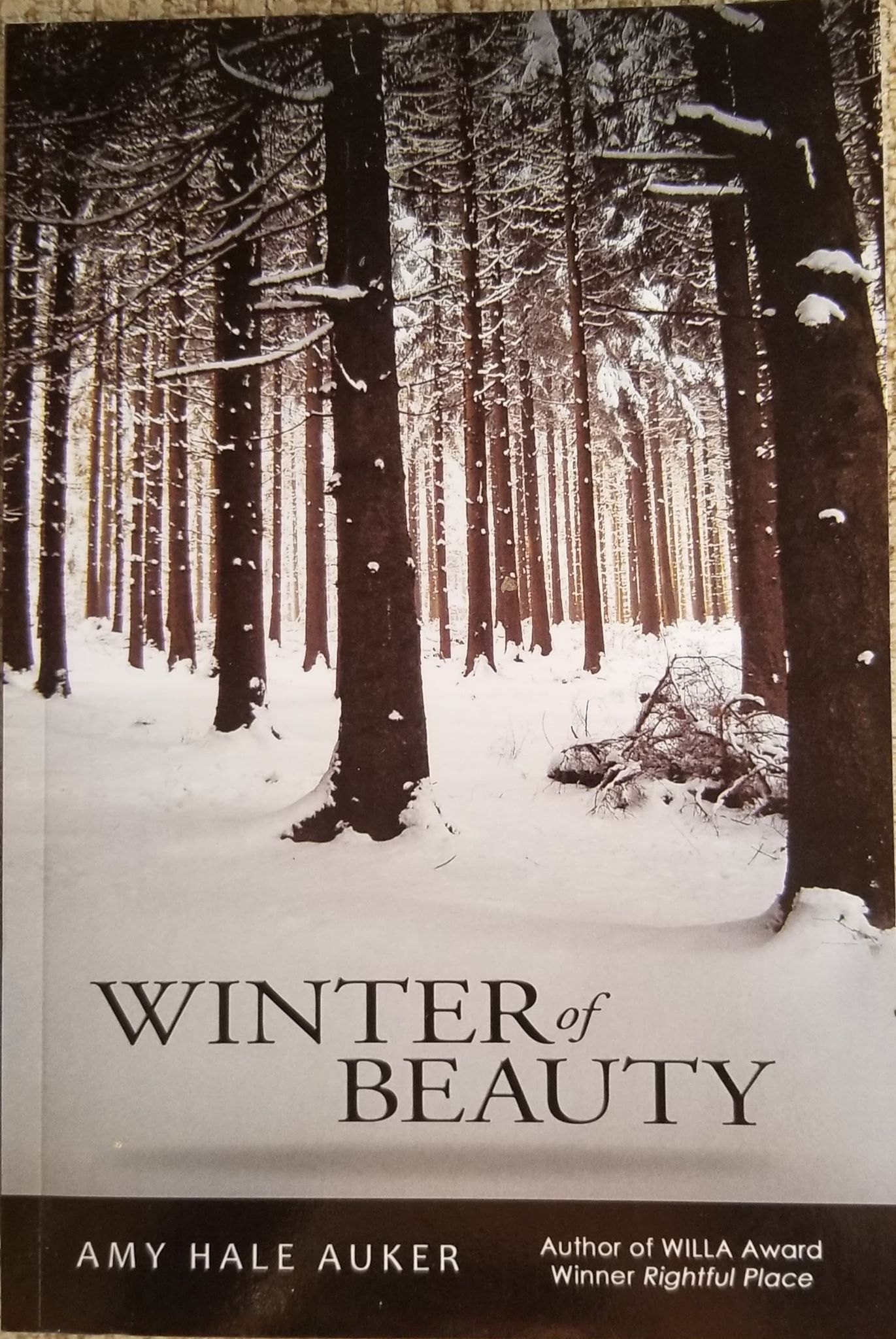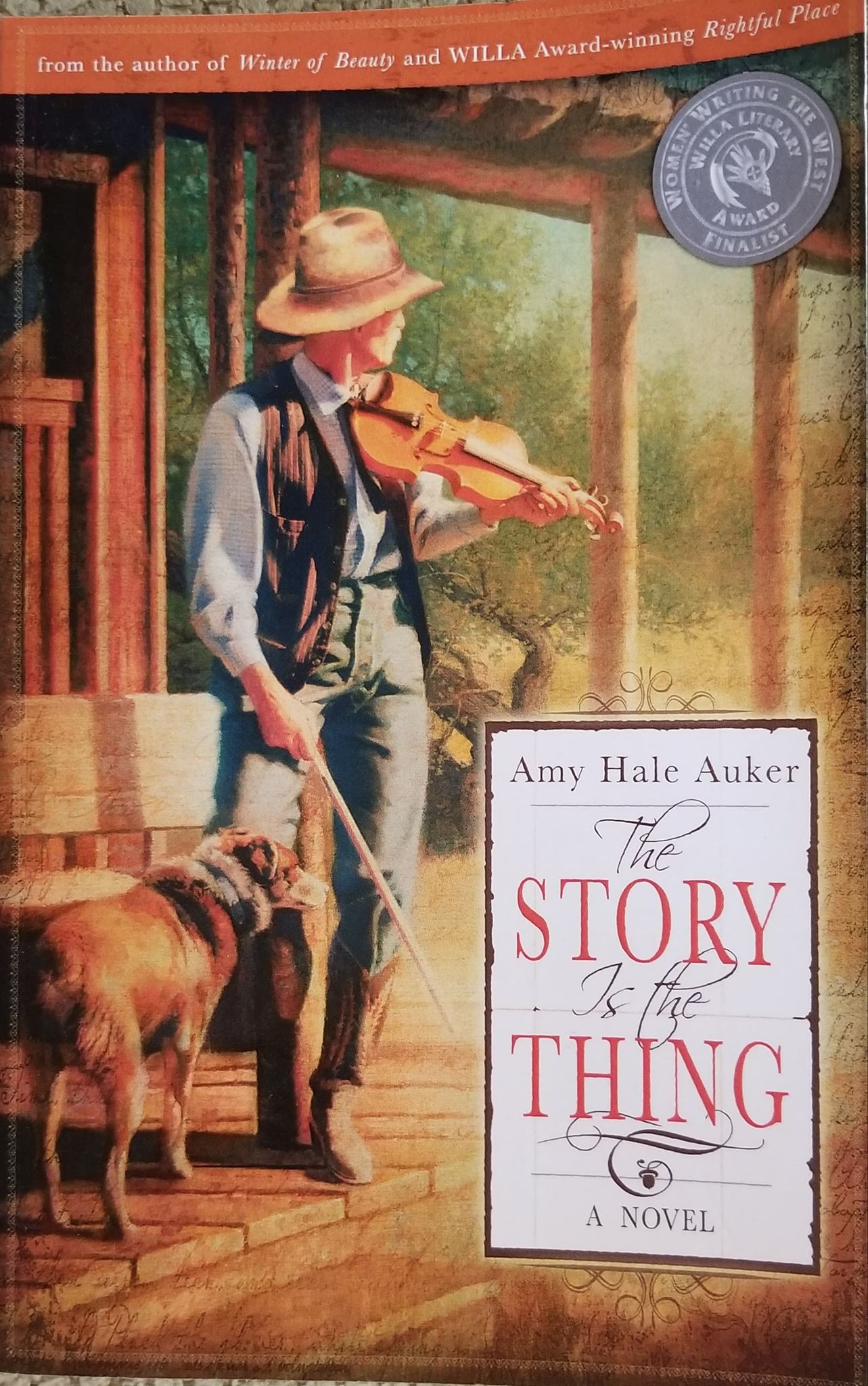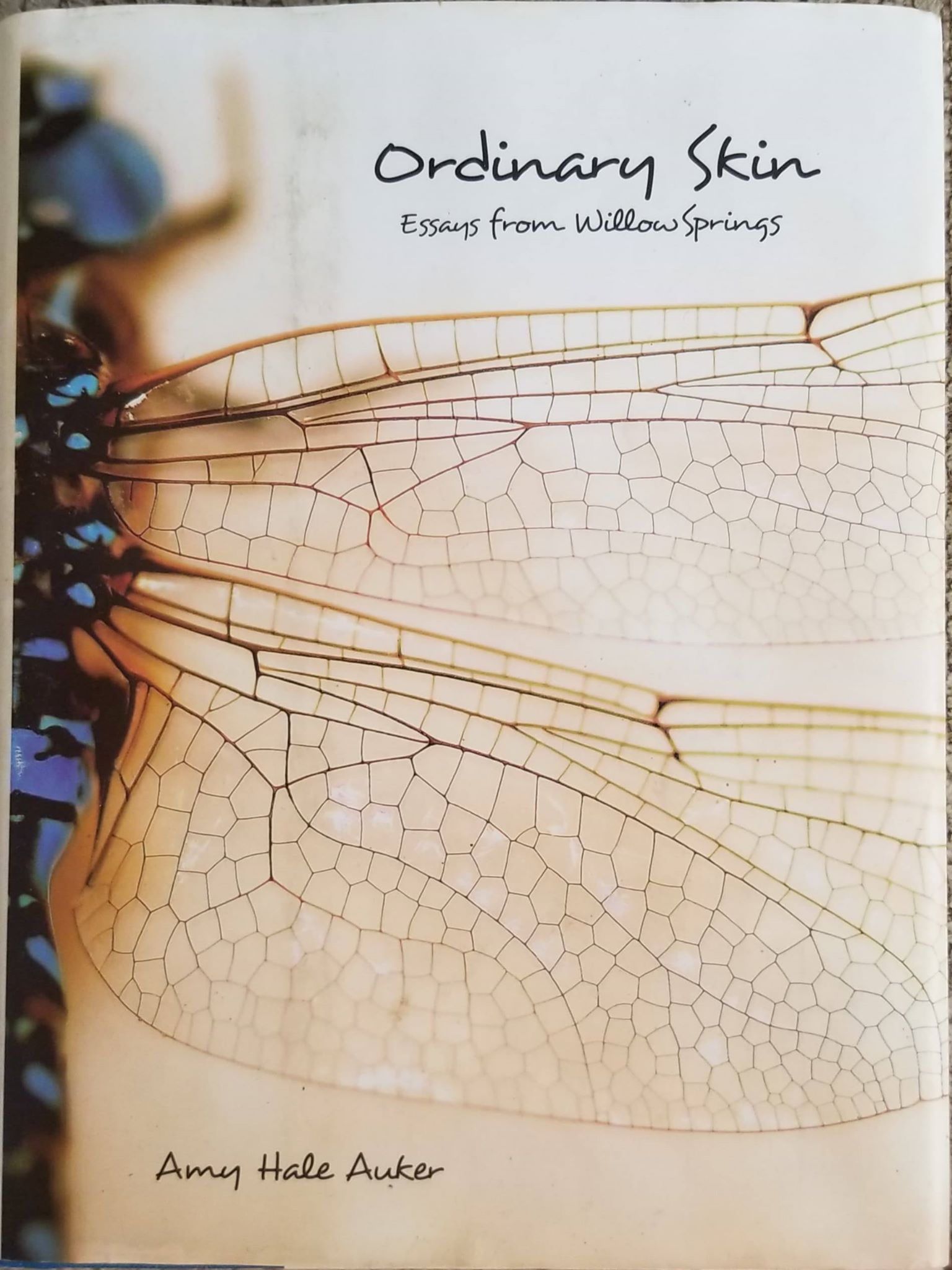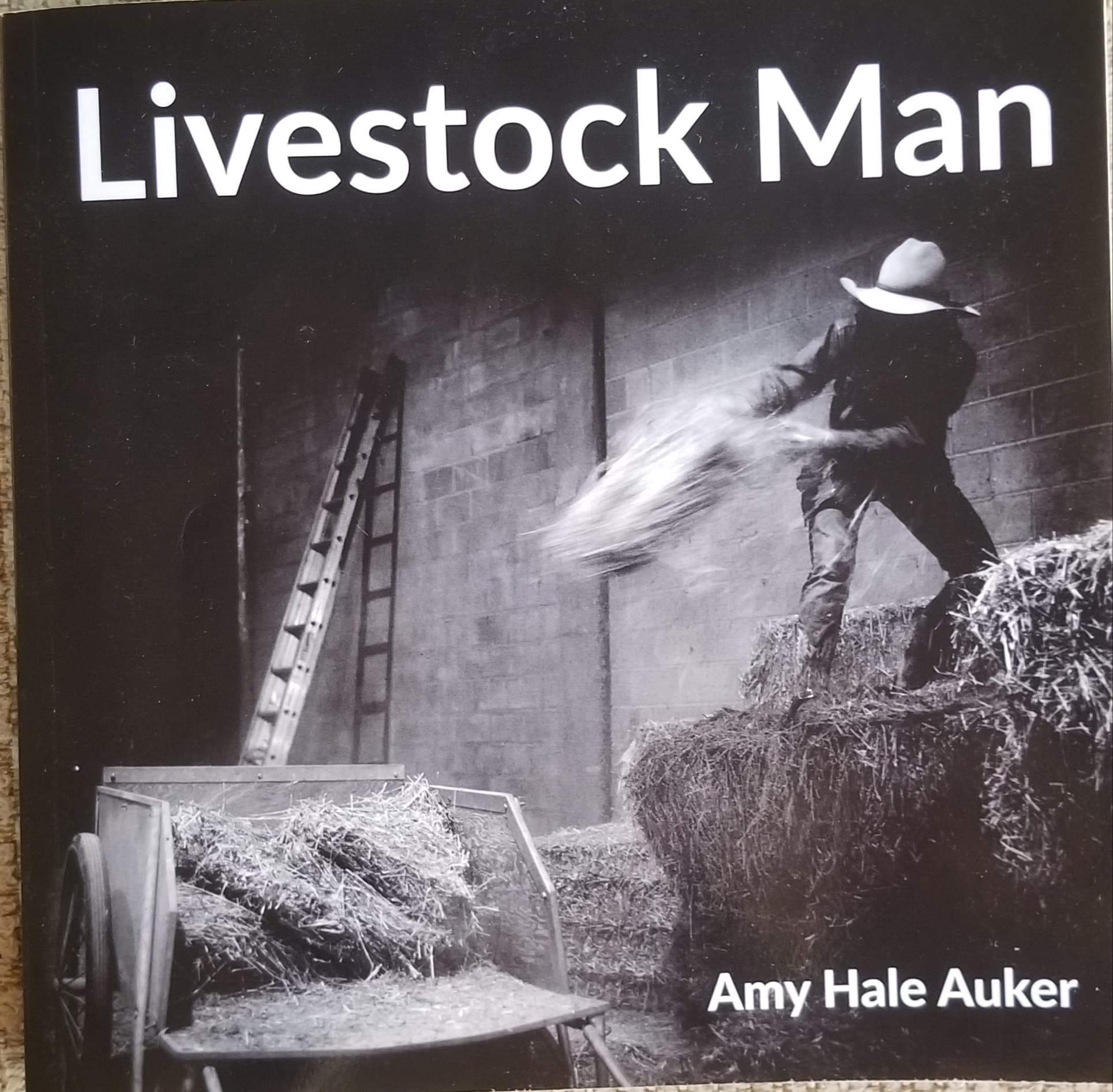#WesternWomenWednesday, Amy Hale Auker Author
Cowboy poetry was my introduction to the freelance, small business world (well, unless you count mowing lawns as a kid.) I was 20, still a newly wed, producing my first cd at 21. Cowboy poetry taught me so much about acceptance, graciousness, humility, poise, and boundaries. It has been a challenging journey, but the most important take away from these last ten years has been the relationships forged by late nights, long miles, spotty cow camp connectivity, and shared meals in unfamiliar cities. Performers, promoters and regular event attendees joke that that gatherings are the "family reunions you actually want to attend". Well, it's because this genre has it's own built in family of the heart. Amy, is one my closest family members.
Amy Hale Auker and Jessica Hedges at the National Cowboy Poetry Gathering Welcome Breakfast, Stockman's Casino, Elko, NV. January 30, 2014.
She has spent many an hour marking up my convoluted sentences, questioning the humanity behind a thought process, editing/loving me through a publication deadline when my brain wouldn't work and coaching me on rural child rearing. She has recommended books that changed my life and books I couldn't read 50 pages of. Mostly though, Amy just keeps answering my emails even when I don't deserve it.
Ladies, I hope this blog gleams with a few of the many lessons I have learned from our online exchanges. I hope it inspires you to find your own mentor, family of the heart, and ally. Mostly, I hope it inspires you to take that thing that you cannot possibly not do, and build a life around it.
Amy Hale Auker Steiger, author and cowboy.
1. Name. Age. Location.
Amy Hale Auker Steiger (I have too many names. ) 48, Yavapai Co Arizona
2. Amy, you have a two entirely separate occupations that depend heavily on each other. Can you tell us about this, why you chose them, and how they came about?
The two occupations, author and cowboy, feed each other. If I wasn't riding around out here on the National Forest, doing this job, I wouldn't have anything to write about. The combination of work, weather, and wild, campfires, caterpillars, and cows.... they all come together in metaphors upon the page. I can't not write, so that occupation is my lifework. I need a paycheck and I love being out of doors, working day in and day out with my lover. I was raised in a family of livestock men and married a working ranch cowboy when I was 19, so the language and the lifestyle were already part of who I am, though up until ten years ago, I was raising children and cooking for cowboy crews rather than actually doing the job. I got bucked off hard the other day, and while I was still fighting for breath (yuck) I found myself already longing for the page, for the way to write it all down. Think about it... if we are living small and safe, what do we bring to the page? If we are living loud and proud and producing something of value for our community, big or small, what richness flows from our pens?
(Postscript: I don't recommend getting bucked off in order to have something to write about. That was just an example. And I don't need bronc riding tips. I am a 48 year old grandmother. I don't intend to ride any more pitching horses.)
3. When was the moment you felt writing, your art, could be a viable source of income? How did that feel?
In the mid-90s, John Erickson (yes, the Erickson of Hank the Cowdog), encouraged me to write first person narrative. I had written him a letter that started out, "Dear Mr. Erickson, Today I whacked a bobcat over the head with my broom," which was the opening of a true story. He wrote back and said, "Write me ten letters like this. Tell me a story." His company got everything I sent them published in small-town newspapers, Western Horseman, American Cowboy, and other places. But I also had very small children that I was homeschooling, no internet, and no telephone. The opportunities for a woman on a cow camp in the middle of nowhere were not the same as they are now. I got discouraged. But I never stopped writing. Andy Wilkinson, starting in about 2004, encouraged me to show him some things I had written during those years in between. He also had me read LifeWork by Donald Hall. That was when I realized that I would always write. That I had something to say worthy of publication. Now, as I get closer to 50, I am serious about having my art feed me. That is both terrifying and motivating.
4. Inspiration can come at any time, but are there certain places you go or situations you create when looking for inspiration?
Amy Hale Auker waiting out a storm.
I always go to the wild. I go to silence and solitude. The world is a busy place and the internet has made it very noisy. One of my greatest joys is to go to cow camp and UNPLUG. Now, don't get me wrong. I adore my phone. It is by far the best camera I have ever owned. And as a true introvert, I like the connectivity on my own terms, interacting when it is good for me, as well as the ability to turn it off. The metaphors and magic out there in the real world, away from the noise, concrete, asphalt, and politics, are what feed me. They are loud in their own way, but they match my inner life. Someone who goes out to work cows but only sees the cows is missing out on so much. I had a cowboy tell me recently that he always took "earsie" pictures before, but the last ride he took up on the mountain, he came back with butterfly pictures, all because of my Instagram feed! It made me laugh! When I am not horseback working cows or in my office with deadlines, I walk for miles and miles out here, sometimes with a pack on my back, doing solo hikes with my dog for four days/three nights. And the pages fill up quickly.
5. What advice would you give a creative woman when trying to navigate the pressures of an online world?
Look at your time as a pie chart. Make a decision about how much of your time you are willing to devote to a screen, to garnering likes and followers, and how much time you want to devote to your art, to your life, to your family, to your passion. Marketing your work is not the same as passion, not the same as a drive toward excellence. Be ruthless about turning off the feed and and turning to face yourself. Spend a bigger portion of your time creating your life than sharing it.
6. What do you like to listen to?
Gail and Amy Steiger
Silence. Birdsong. Rain. My husband, Gail Steiger, playing guitar and singing, the soft fall of burning wood in the fire, foxes in the night. Honestly, I do have a playlist called "Important Brave," full of songs to cheer me on in life, but it is less important than the silence of meditation and the wild. I don't understand writers who can write with music playing. We meet ourselves in silence and solitude. We have to face ourselves. And only then, for me, can I understand the world as the metaphors filter in. Metaphors are shy creatures, you know.
7. How do you feel environmental factors affect your creative work?
Like most artists, I am highly affected by environment. If my calendar is too busy, my work suffers. I have learned to say no. I don't serve on boards or committees and I don't volunteer for causes. I know, beyond a shadow of a doubt, what my lifework is, and I am firm about not getting blown about by the winds of would/could/should. I have also learned to take excellent care of myself by drinking enough water, eating healthy foods, going running on days I am not working hard physically at my job or backpacking. As women we have to learn the value of self-nurture and taking time for things like meditation, reading good books, and healthy sleep patterns. A good environment, for me, includes having a physical space that is all mine and setting good boundaries. I need order and beauty around me, and if my home is cluttered and my kitchen sink is out of control, I can't do my best work. Knowing ourselves well is a good thing. I know I am not a night owl. There is no point in my tricking myself by saying, "I'll pull an all-nighter to meet that editing deadline." On the other hand, I love early mornings. I think 5am is a beautiful, glorious time of day. By cultivating good habits and practices, I can be my most productive, clear-headed self.
That said, I want to point out that I no longer have small children or teenagers at home. There have been times in my life that my environment was dictated by the needs of others. During those years I learned how to hedge my creative energies and take care of myself by pretending to be my own mother. If it was good for children (a nap, a healthy meal, a romp in the sprinkler) it was probably good for me! Mothering was my creative work and I treated motherhood as my most important endeavor. I am so very glad that I did. And now, when my grandson is staying on the ranch with me, I make him my number one priority in the day. And guess what? My creative life is fed by that side of my life, too. It is all creative process.
8. To the writer that has been hoarding their work from outside eyes for years, how would you suggest they move forward in improvement or possible publication?
First of all, be a reader. Be a discerning, avid reader and read way outside your comfort zone. How will you know good writing unless you are reading good writing? Subscribe to literary magazines like The Sun. Read books on the Best Seller lists. When the National Book Awards are announced, go read from that list. Then, come back to your own work. Read it aloud. You are your own thermometer.
Learn language. Learn your own language. If you threw spit balls and wrote notes and dozed in grammar class, take an online grammar class. Learn the rules so that you can break them beautifully in your own writing. KNOW your tools, just as a gear maker or a clothing designer knows hers. Don't assume that just because you speak English, you know how to write it well. (Both of my parents are English teachers. I had a leg up there.)
Next, get a mentor. If you wrote something you think is good, send it to a willing reader whose work you admire. Or send it to several. Listen to what they say.
Do not write toward publication. Write because you love it. Write because you can't not write. Write to please you. Some mean editor will pull all of the weeds someday. But for now, show up at the page every day. Read books about writing (email me for a list). Develop a habit of morning pages a la Julia Cameron in The Artist's Way. My journal (with NO LINES) goes with me to cow camp, to town, from office to living room and back again. It is always available. And I write three pages of longhand every morning, sometimes by the fire at 4am with a tin cup of coffee. Stay in the process and develop good habits and practices that support that process. Develop a work ethic surrounding your writing and make it a priority. Cream rises to the top.
(I don't give publication advice because it is my least favorite part of the process and I don't understand the publication world at all.)
9. Releasing five books, do you feel like this process has become easier or is the launch of each one incredibly unique?
Every book release has been different for me because I feel differently about each book, just as you do about each of your children. (Please remember that a book is not a baby. When a baby is born and it has big ears, you love it just like it is. A book is your work and it can ALWAYS be better, always be moved toward excellence. Do the work.) A book release is hard work, and discouraging work, but necessary in order to truly establish myself in my author platform. Jessica, you have helped me immensely by showing me that if I can tell a good story on social media, my readers, old and new, will trust me to tell a good story between the covers of a book.
10. What is your favorite quote?
After all, life is right. Rumi
